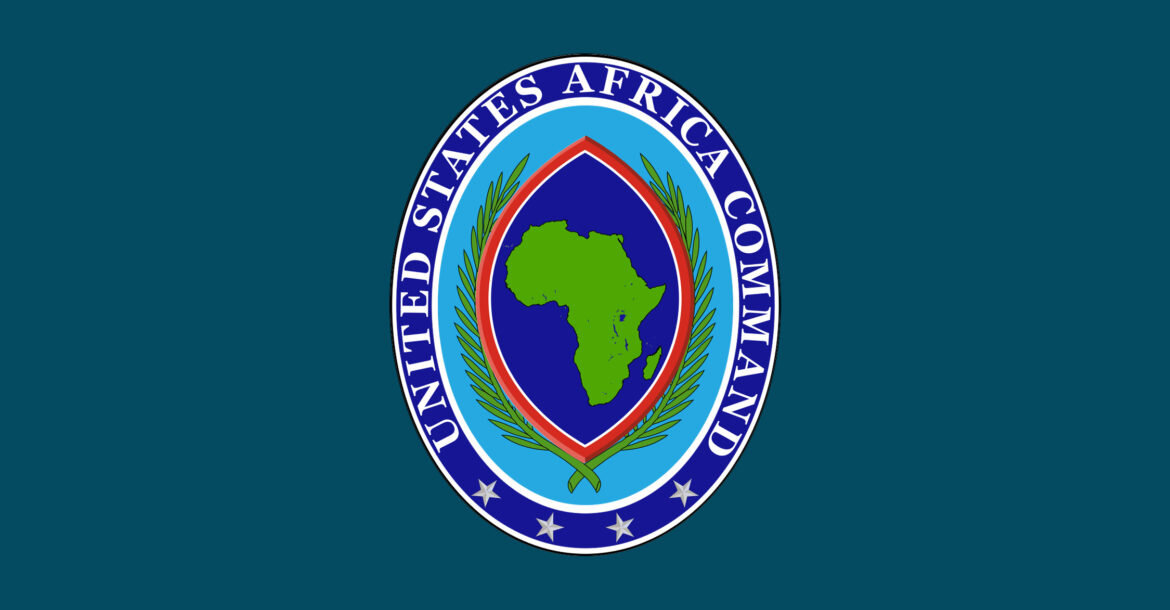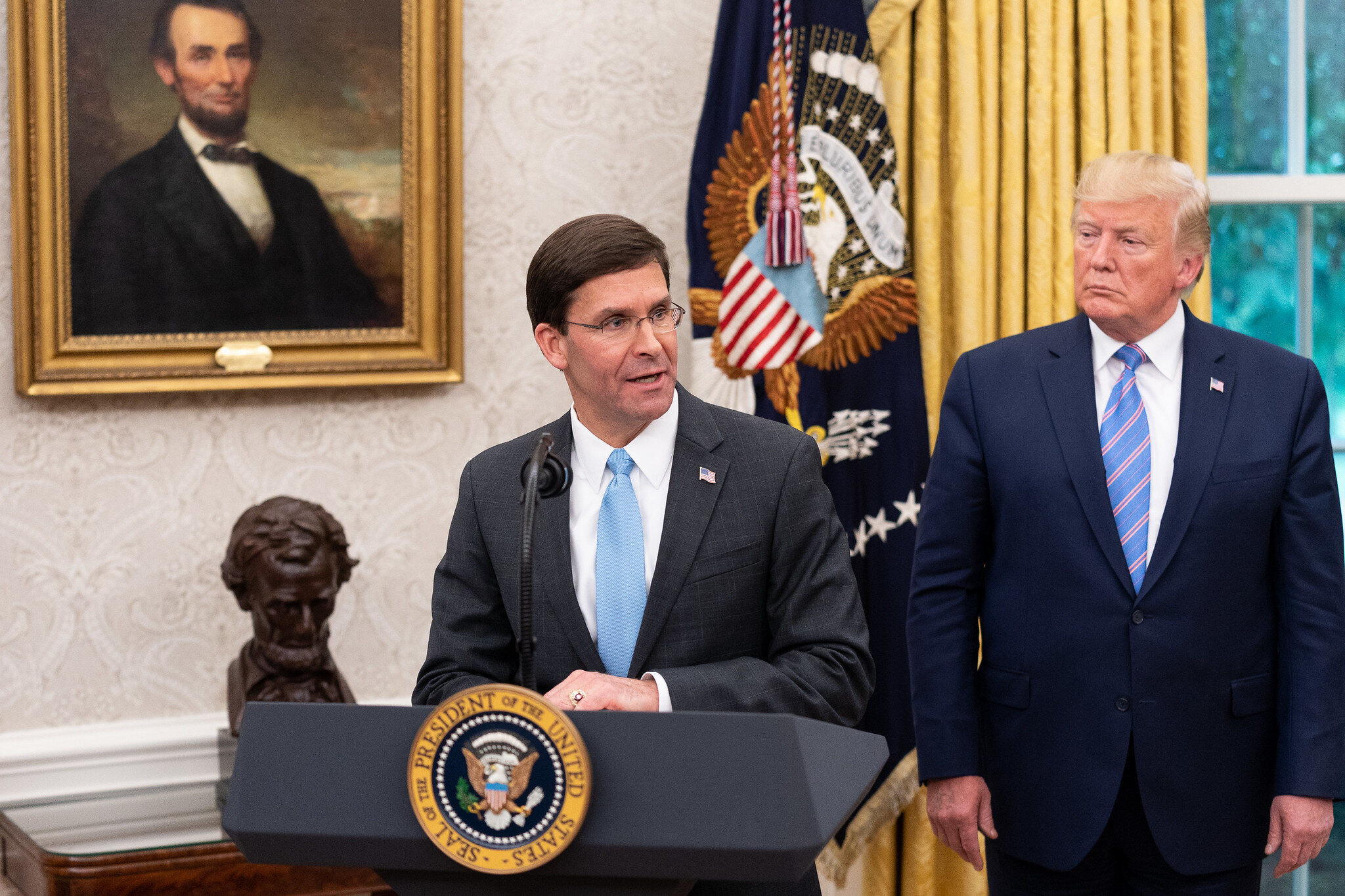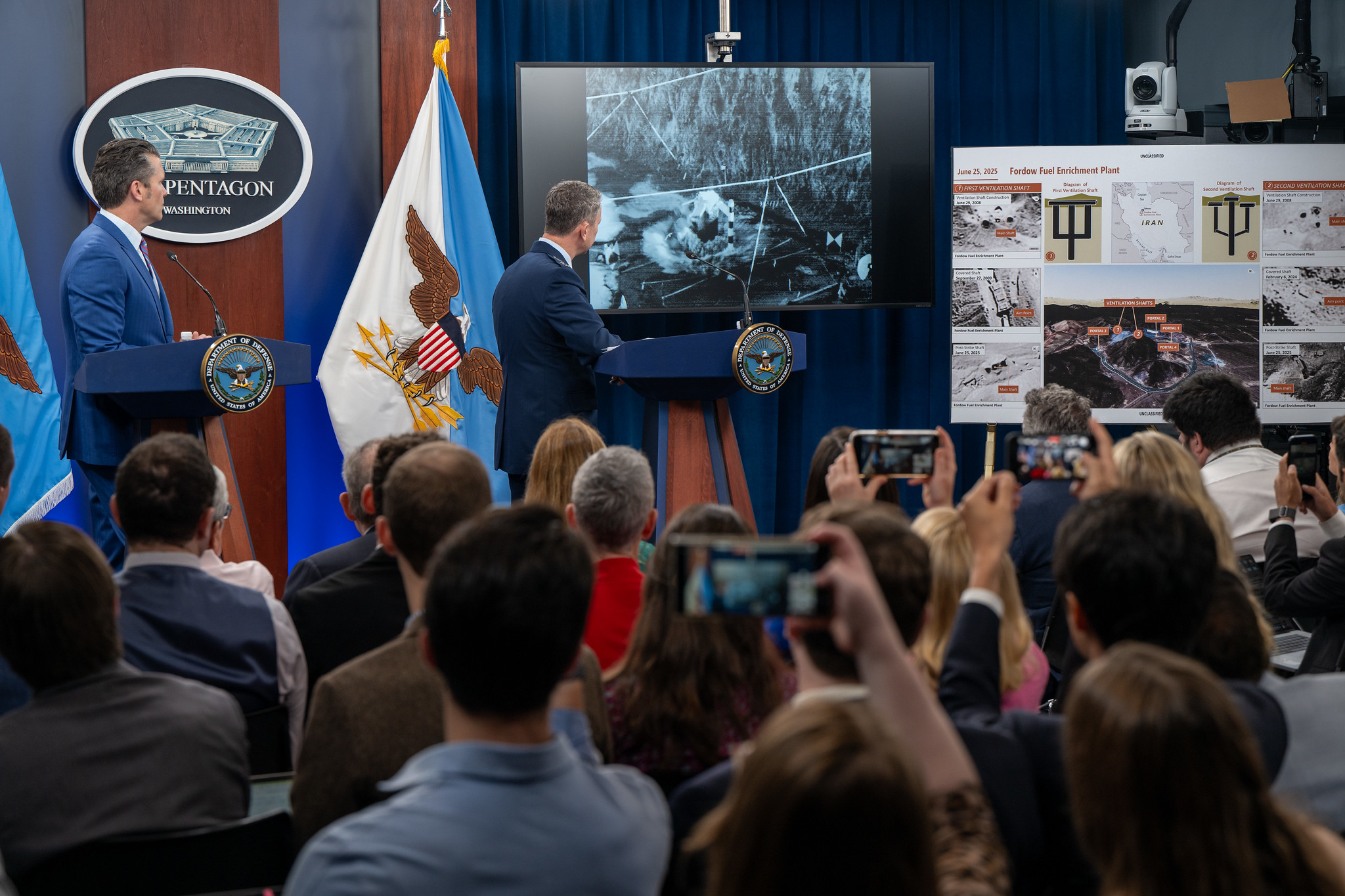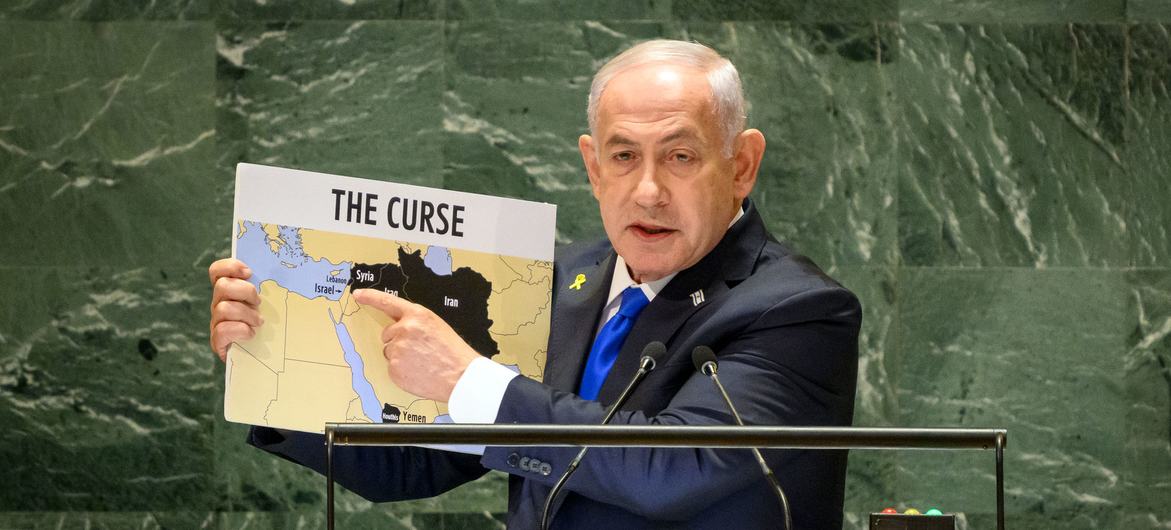WASHINGTON D.C. March 4th, 2020. Early reports of a bill slated to be introduced in the House that would prevent even a dime from being spent to remove U.S. troops from Africa has been reported on by Defense One who acquired an early copy.
The bill states that if passed it would “limit the use of funds to be used to reduce the total number of United States Armed Forces deployed to the United States Africa Command area of responsibility”.
What exactly is the U.S. Africa Command’s (AFRICOM) area of responsibility? According to the mission statement on their website, AFRICOM “counters transnational threats and malign actors, strengthens security forces and responds to crisis in order to advance U.S. national interests,” all with the responsibility to engage their play book of “military operations, exercises and security cooperation efforts across 53 African countries”.
There are 54 recognized countries in Africa, and if the bill were to pass, AFRICOM would be required to submit unclassified reports to Congress regarding several aspects of an Africa without U.S. troops, including the possible growth of Chinese and Russian influence across the continent, and the likelihood and capability of paramilitary and terrorist organizations to increase in strength and capacity.
Only after these reports have been reviewed by the appropriate Congressional committees could troop withdrawals be possible.
WASHINGTON, July 23rd, 2019. PICTURED: President Donald J. Trump watches as new Secretary of Defense Mark Esper delivers remarks in the Oval Office of the White House.
The neocon-neoliberal position
The bill, sponsored by Rep. Jimmy Panetta (D – CA) is in response to a “clean slate review” of U.S. operations in Africa currently in process by Sec. of Defense Mark Esper. In a testimony before the House Armed Services Committee, Esper admitted he was weighing deep troop cuts to the region.
Panetta, who’s joined by Representatives Jason Crow, (D – CO), and Anthony Brown, (D – MD), shares the honor of representing California with Ro Khanna, who with vim and vigor managed a passage of two massive anti-interventionist pieces of legislation over the last 12 months – the No War With Iran Act, which also repealed the 2002 AUMF for the Iraq conquest and occupation and the 2019 War Powers Resolution regarding America’s involvement in Yemen.
It’s an inversion of position in some ways, with the bill’s co-sponsor Brown writing a letter along with eleven other lawmakers in opposition to the troop cuts, stating “the execution of stability operations in Africa and meeting China and Russia in great power competition are not mutually exclusive”.
Congress often makes attempts to rein in military adventurism by limiting any funding towards particular operations in the defense budgets, and this piece of legislation is no different.
It states that the Congressional pursestrings will be closed to any attempt to move troops around until the appropriate officials submit the aforementioned reports. At the end of the bill however, its architects added an ‘out’ for use by any future Secretary of Defense.
A loophole exists ensuring the pursestrings will remain closed in the case of “imminent and extraordinary threat to members of the United States Armed Forces in the AFRICOM area of responsibility”.
What is the U.S. doing in Africa?
AFRICOM explains their goals and strategies in several ways regarding different missions in their 2020 “posture statement” to Congress.
Great power Competition
-
Last year, former national security advisor John Bolton presented Trump with the “New Africa Strategy” which has since militarized regions in which economic competition on the continent is growing between the U.S. and particularly China.
-
According to AFRICOM, this “directs us to prioritize great power competition with China and Russia due to the magnitude of the threats they post to U.S. security and prosperity today and the potential for those threats to increase in the future”.
-
“Great power competitors, namely China and Russia, are rapidly expanding their financial and political influence across Africa. They are deliberately and aggressively targeting their investments in the region to gain a competitive advantage over the United States,” reads the New Africa Strategy.
Dr. Mehari Maru writing for Al Jazeera details the Chinese threat in the great power competition directive.
“Chinese trade with Africa has increased 40-fold over the past two decades; in 2017, it stood at $140bn. Between 2003 and 2017, Chinese foreign direct investment (FDI) flows have also jumped more close to 60-fold to $4bn a year; (…) to infrastructure and energy projects”.
“China has significantly expanded African railways (…) in Kenya, Ethiopia, Djibouti, Angola and Nigeria; it is currently building a massive hydropower plant in Angola and has built Africa’s longest railway connecting Ethiopia and Djibouti; it has built the headquarters of the African Union in Addis Ababa and the West African regional bloc ECOWAS in Abuja”.
Countering Malign Actors
In their 2020 posture statement, AFRICOM explains they Compete to Win in the fight against violent extremists and malign actors.
-
“We conduct our security activities to safeguard U.S. interests. We seek areas where our interests align with those of our allies and partners as we work together to achieve shared objectives,” reads the posture statement.
-
Areas of U.S. strategic interest evidently involve the entire continent, which as AFRICOM explains is bigger than India, China, Europe, and the U.S. together.
-
While the 2020 statement admits that great power competition is the primary directive of the 5,200-6,000 U.S. military personnel on the continent, it also recognizes the importance of countering violent extremists.
The U.S. maintains that her position of counter terrorism is to the benefit of the economy of the well-being of African countries as well as the U.S. taxpayer, and warns that any loss of influence on the continent means losing “opportunities for increased trade and investments with some of the fastest growing economies in the world”.
However Dr. Maru’s numbers tell a different story, and in his same Al Jazeera piece he explains that trade between the U.S. and Africa “has decreased from $120bn in 2012 to just over $50bn today. US FDI flows have also slumped from $9.4bn in 2009 to around $330m in 2017”.
If there was a new Cold War in Africa as Dr. Maru describes, the United States would be losing, and even though Trump’s presidency has spurred a Democratic majority into countering U.S. imperialism, a partisan stance has seemingly emerged over his four years, as the mass of Democrats in the House have worked to try and stop or end the wars, interventions, or diplomatic confrontations which Trump favors, and continue the ones he does not.




